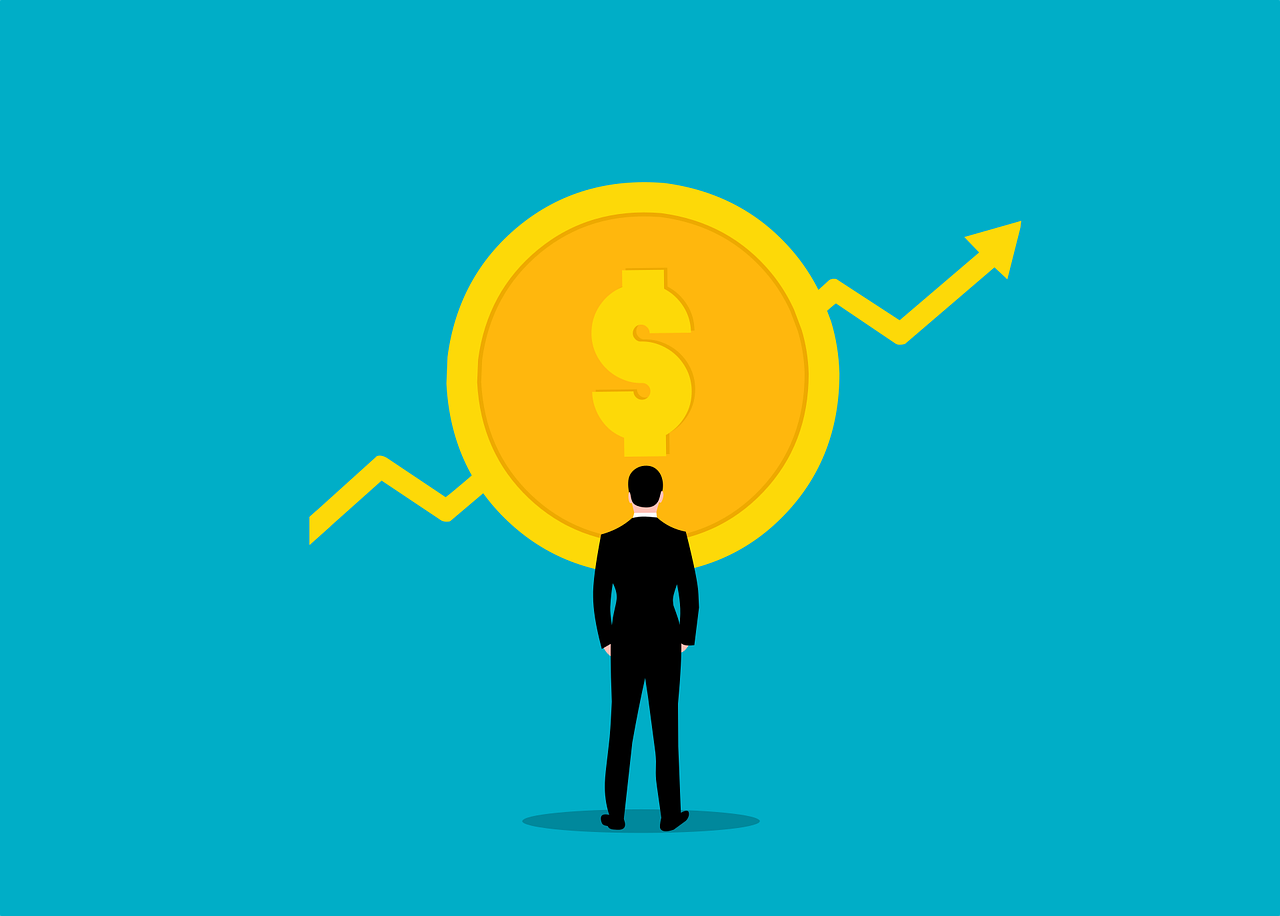Markets After Major Geopolitical Events
“The world changes. This is the biggest problem in markets.” – Bill Miller, former chairmen of Legg Mason Capital Management T. Rowe Price, founder of…
Read More


“The world changes. This is the biggest problem in markets.” – Bill Miller, former chairmen of Legg Mason Capital Management T. Rowe Price, founder of…
Read More

“I didn’t learn anything. I already knew I wasn’t supposed to do that.” – Stanley Drunkenmiller, after losing $3 billion dollars on tech stocks. The…
Read More

“If you mix your politics with your investment decisions, you’re making a big mistake.” – Warren Buffett, Berkshire Hathaway It is not a secret 2024…
Read More

In Pure Portfolios’ March 2024 Market Commentary, Chief Investment Officer, Nik Schuurmans, unpacks high yield credit spreads, elevated U.S. stock valuations & future returns, and…
Read More

“We deceive ourselves when we believe that past stock market return patterns provide the bounds by which we can predict the future.” – John Bogle,…
Read More

Let’s go back to summer of 2022. It wasn’t a matter of if a recession was coming, rather a matter of when. From our July…
Read More

“I might just put my money in the S&P 500 and call it good. “ – anonymous prospective client The drumbeat is growing louder as…
Read More

In Pure Portfolios’ February 2024 Market Commentary, Chief Investment Officer, Nik Schuurmans, unpacks the struggles of rate sensitive assets, why all-time highs are nothing to…
Read More

“Investors are always searching for good ideas, when what they need are good habits.” – Jason Zweig, Wall Street Journal & author If you asked…
Read More